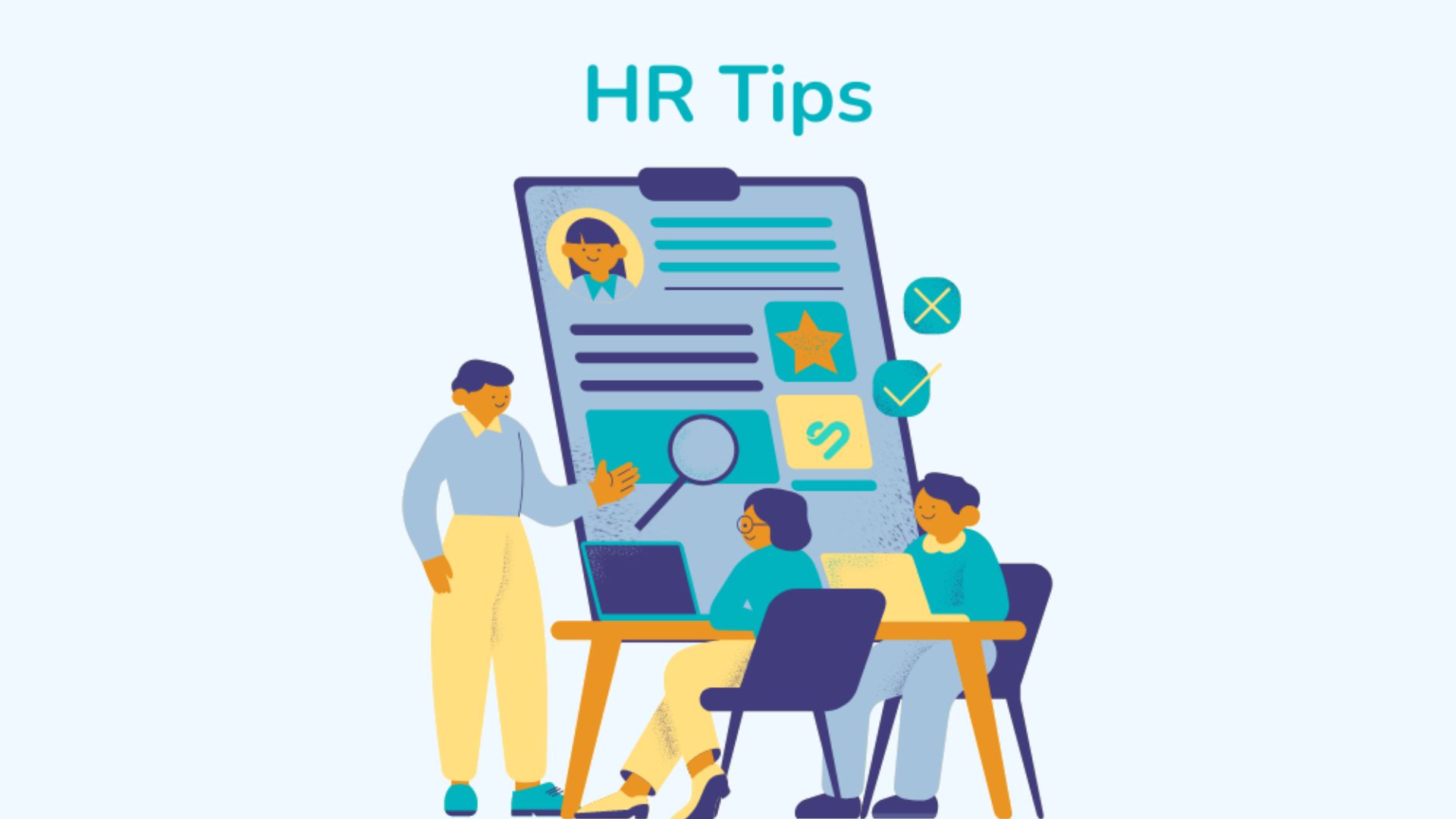Managing a team involves more than just overseeing tasks; it requires effective human resource management. By implementing strong HR practices, managers can enhance team performance, improve communication, and create a positive workplace culture. Here are some top HR tips for managers to help you succeed.

1. Communicate Clearly and Often
Effective communication is the cornerstone of good management. Ensure you communicate regularly with your team members.
- Set expectations: Clearly outline roles, responsibilities, and goals. This helps everyone understand what is required.
- Encourage feedback: Create an open environment where employees feel comfortable sharing their thoughts and concerns.
Regular communication fosters trust and keeps everyone aligned.
2. Invest in Employee Development
Supporting your team’s professional growth is vital. Investing in employee development can lead to improved job satisfaction and productivity.
- Provide training: Offer workshops, courses, and resources that enhance employees’ skills.
- Create development plans: Work with team members to establish personal growth goals and career paths.
Investing in your team’s development shows you value their contributions.
3. Recognize and Reward Achievements
Acknowledging your team’s hard work is essential for motivation. Recognizing achievements boosts morale and encourages continued effort.
- Implement recognition programs: Use rewards like employee of the month or shout-outs during meetings.
- Celebrate milestones: Acknowledge both individual and team successes.
Recognition creates a positive work environment and encourages high performance.
4. Foster a Positive Work Culture
Creating a positive workplace culture is essential for team success. A supportive environment enhances employee satisfaction and retention.
- Encourage teamwork: Promote collaboration through team-building activities and projects.
- Promote inclusivity: Ensure everyone feels valued and respected, regardless of their background.
A positive culture leads to higher employee engagement and productivity.
5. Handle Conflicts Professionally
Conflicts can arise in any workplace. Addressing them promptly and professionally is crucial to maintaining a healthy work environment.
- Listen actively: Hear both sides of the story before making judgments.
- Find common ground: Help team members find solutions that work for everyone involved.
Effective conflict resolution strengthens relationships and enhances teamwork.
6. Set Clear Policies and Procedures
Establishing clear HR policies helps maintain consistency and fairness in the workplace. Ensure that all team members understand these policies.
- Document policies: Create an employee handbook that outlines rules, expectations, and procedures.
- Review regularly: Update policies as needed to reflect changes in the workplace or legal requirements.
Clear policies provide a framework for behavior and decision-making.
7. Prioritize Employee Well-Being
Supporting employee well-being is essential for a productive workforce. A healthy team is more engaged and motivated.
- Promote work-life balance: Encourage employees to take breaks and use their vacation time.
- Offer wellness programs: Consider programs that focus on physical and mental health.
Prioritizing well-being enhances employee satisfaction and reduces burnout.
8. Use Technology Wisely
Leveraging technology can streamline HR processes and improve efficiency. Use tools that facilitate communication, task management, and performance tracking.
- Implement HR software: Use software for tracking employee records, benefits, and payroll.
- Utilize communication platforms: Choose tools that enhance collaboration and information sharing.
Technology can simplify HR tasks and enhance team collaboration.
9. Regularly Evaluate Performance
Conducting regular performance evaluations helps track employee progress and set future goals. These evaluations provide valuable feedback for both managers and employees.
- Set clear criteria: Establish specific performance metrics to assess individual contributions.
- Provide constructive feedback: Offer suggestions for improvement and acknowledge strengths.
Regular evaluations foster accountability and continuous improvement.
10. Encourage Open-Door Policies
Encouraging an open-door policy promotes transparency and trust within the team. Employees should feel comfortable approaching you with concerns or ideas.
- Be approachable: Make it clear that you welcome questions and feedback.
- Actively listen: Show empathy and understanding when employees share their thoughts.
An open-door policy cultivates a culture of communication and collaboration.
Conclusion
Implementing these HR tips can significantly improve your management practices. By focusing on clear communication, employee development, recognition, and fostering a positive culture, you can enhance team performance. Additionally, handling conflicts professionally, setting clear policies, prioritizing well-being, using technology wisely, evaluating performance, and encouraging open communication will lead to a more engaged and satisfied workforce.
By following these tips, you can create a thriving work environment where employees feel valued and motivated to contribute their best.




